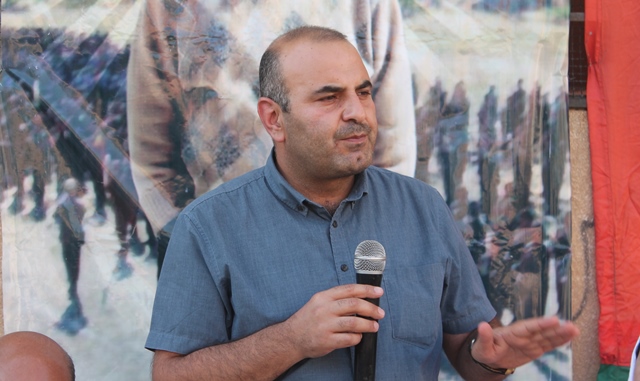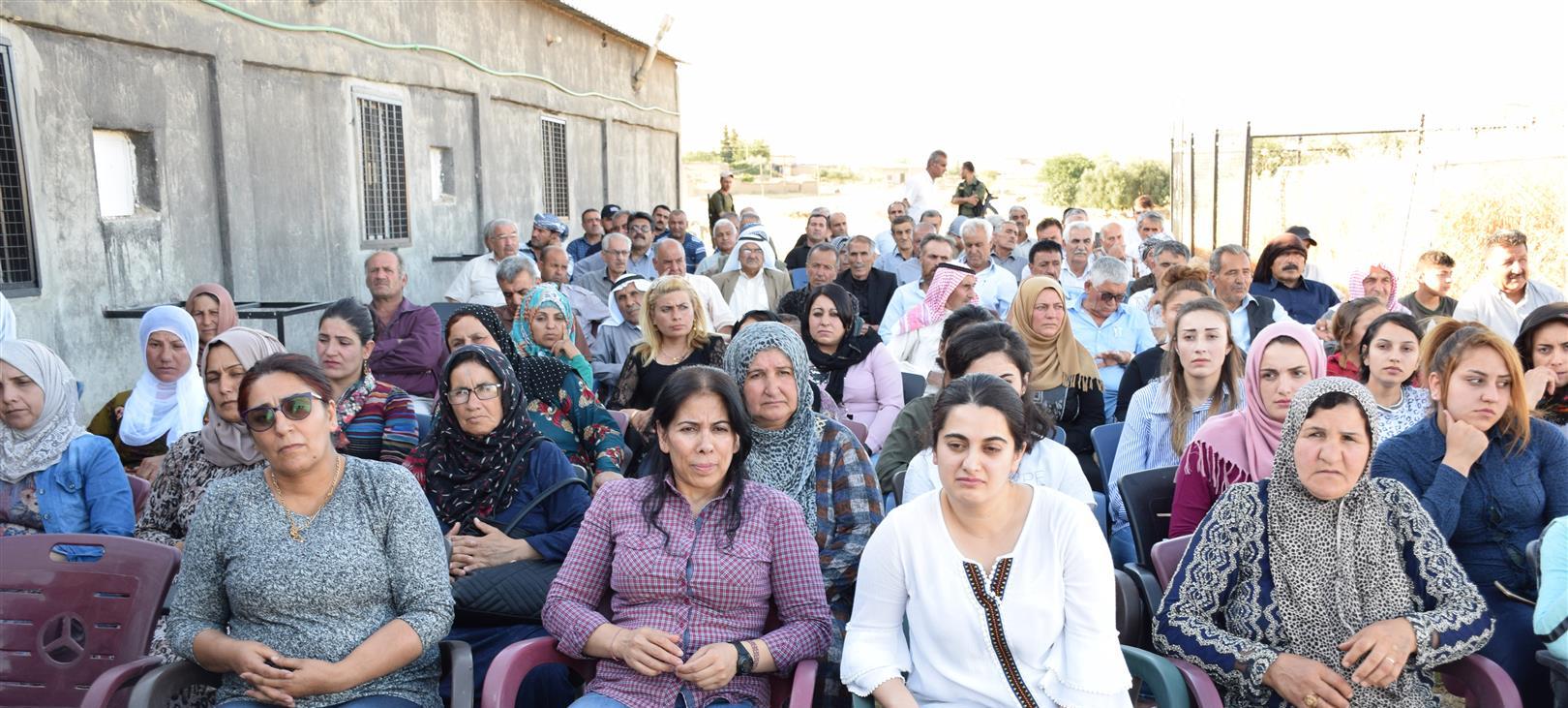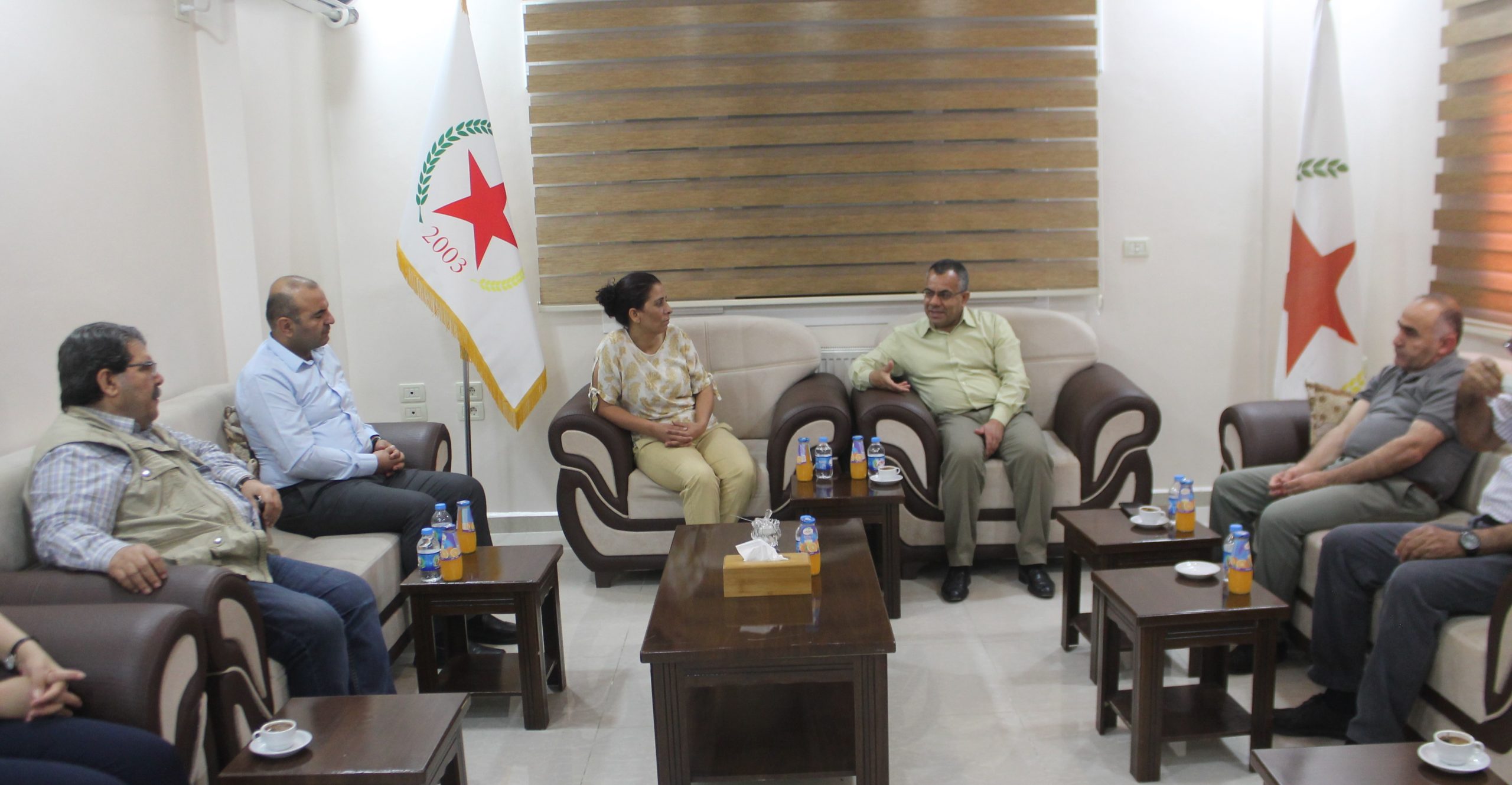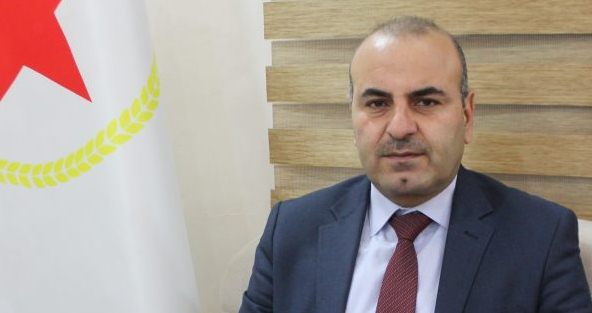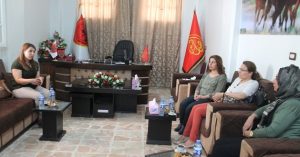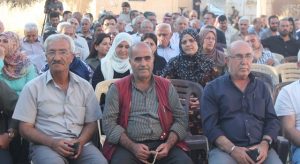International Relations Researcher: Turkish military intervention in northern Syria creates costly political and military repercussions
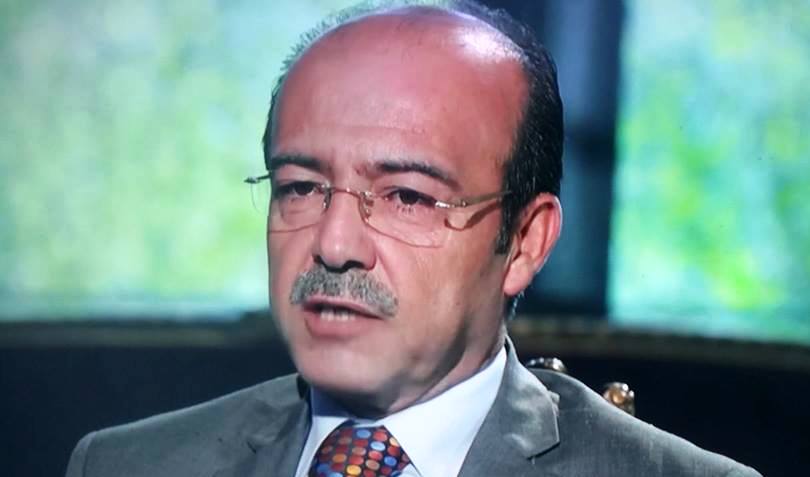
US Secretary of State Pompeo warned his Turkish counterpart, Mevlüt Çavuşoğlu, that the Turkish military intervention in northern Syria would pose a serious threat to the region.
Events and field changes in the political scene is accelerated by the decline of the Turkish influence forced in Turkey and the advance of the Syrian army at the expense of the forces and factions supported by Turkey, increasing the crisis of the Turkish position in Syria, following the support of the United States of America to the SDF.
The expected repercussions of the intersection of interests and their contradiction between the United States and all the international actors in the Syrian crisis are entirely related to what is required of Turkey in choosing between a partnership with NATO or purchasing the Russian missile defense system (S-400). This confirms the volume of tension in US-Turkish relations because of the important issues of the Syrian crisis.
The website of the Democratic Union Party conducted an interview with the researcher in international relations and Director of the Counseling Center at the University of Mu’tah in Jordan, Dr. Iyad al-Majali.
Here is the text of the full interview:
– The relations between Turkey and Russia, as well as Turkey and America, are based on agreement and contradiction at the same time? And what is the future of Turkey’s relationship with both forces in the face of the hostility of each power to the other, especially after the US threats to impose economic sanctions in the event that did not invalidate the deal of the S-400 missiles?
There is no doubt that the international changes witnessed by most of the countries of the region in the last eight years, have produced the features of the political scene and its implications, specifically in Syria, while indicators show the steps taken by Russia in its management of the Syrian crisis by dealing cautiously with all parties, especially Turkey, and given the mechanisms of determining convergence was It is the historical context of relations based on deep differences on many issues, the most important of which is the competition for the transfer of the oil of Central Asia and the Caspian Sea and the position of the dispute over the region of Karbach, Azerbaijan and Armenia, The economic aspect of the Turkish-Russian relationship is the cornerstone of the rapprochement between Russia and Turkey. Russia is Turkey’s largest trading partner. It gives the relationship a pragmatic political form that affects both countries’ positions on some issues and does not affect the overall development. In the relations forged with the facts of geography and atmosphere of mistrust that existed for decades, this confirms the pursuit of Moscow and Ankara to play a major role in the global system after the arrival of the Justice and Development Party to rule in Turkey after 2002, in light of this characterization of the roots of the Russian-Turkish relationship and contradictions , It seems that the impact of the Russian-American relationship on the future of Turkey’s relationship with both international forces has taken many forms, the disappearance of the ideological contradiction after the disintegration of the Soviet Union and the relationship between them after the conflict and compete to strategic partnership and contain differences in many issues.
Despite the difficulties that posed a challenge to the Russian-American relations, most notably the 2007 announcement by Washington of the establishment of the anti-missile shield and Moscow’s objection to it as a direct threat to its national security, this challenge posed a return to the cold war between the two superpowers. President Trump’s arrival at the White House to the US foreign policy, especially towards Russia in particular, so that the attribute of convergence in most of the positions of international and regional issues, even differences between them took a deeper form after Russia returned a major force and influential on the international arena and regional, Russia aspires to protect its interests and national security in its broadest sense does not aspire to compete with the United States, the most prominent indicators of this role appears in the Syrian crisis and the type of relationships that intertwined and intersected with the Shanghai alliance (Russia – China – Iran – Syria) in the face of unilateralism represented by the United States and which seek to the leading role of the world and refused to accept the multiplicity of forces supported by Russia and its allies, while the future of Turkey’s relationship with both forces under this relationship is a form of ambiguity and contradiction of its relationship with the parties to the conflict on the Syrian territory, which devastated Syria and destroyed its achievements and displaced its people after the land was covered with the blood of its citizens, civilians and military forces confronted by the support of regional and international countries in the format of this conflict to achieve the interests of each party at the expense of the Syrian people and its political regime, Turkey is the political and cultural factors of the Syrian Turkmen based in northern Syria and the intervention of Turkey in the political and military events in the field is considered a political justification for Turkey as a regional incubator and a neighbor which supports the opposition party to the Syrian government. Whereas the Turkish political decision maker is a doctrinal ideologue of the stream of political Islam and the Muslim Brotherhood, the security of Turkey and the protection of its interests and maintain the balance of power in the region, especially after the expansion of the influence of the organization of the Islamic state, the interaction of forces allied with the Syrian government of Hezbollah and the Iranian Revolutionary Guards and the Russian army and its air force to support the Government of Syria and its army in the face of serious challenges that gripped the country, which was seeking to overthrow the regime of President Bashar.
The objective position of Turkey’s relations with the great powers in the region is illustrated by the threat posed by US Secretary of State Pompeo to his Turkish counterpart Mevlüt Çavuşoğlu in Washington a few days ago about the danger of the intervention of the Turkish army in northern Syria unilaterally and the repercussions would be extremely dangerous because the United States supports negotiations and dialogue among all the parties, which Turkey naturally rejects because it believes that the establishment of a political entity in northern Syria is a direct threat to its national security, it appears that the expected repercussions of the intersection of interests and contradiction between the United States and all international actors in the Syrian crisis absolutely linked to what is required from Turkey to choose between partnership with NATO or embarking on the purchase of Russian missile defense system (S -400) this confirms the size of the tension in the US-Turkish relations because of important issues related to the Syrian crisis and factions backed by Turkey on the Syrian territory.
Over the eight years of the Syrian crisis and Turkey’s pivotal role in deepening this crisis, what benefit has it derived from that? Especially since we are aware that in politics without interest and benefit, states do not enter into useless wars, and whether Turkey has the right to seize the land of its neighbor Syria (such as Jrablos, al-Bab, Azaz, and Afrin)?
The Turkish authorities reacted with the Syrian crisis in a manner that made it support the opposition and the armed factions in Syria to confront the Syrian army forces under the pretext that the Protection Units of the People and Women(YPG and YPJ) constitute a great security threat to the Turkish national security. The Turkish authorities consider them as an extension of the PKK, and because of the geographical proximity between the areas of proliferation, Turkey is afraid of their control of the border areas and the establishment of autonomous regions within Turkish territory with US support, it may become clear to the follower that the clashes were concentrated in areas where Ankara plans to establish a buffer, while the People’s Protection Units seek to advance to the West Euphrates to control the more vital areas and cities previously controlled by the terrorist organization and thus isolate these areas of influence of Turkey and away from the direct Turkish influence, the political scene on this side seems to accelerate events and the changes in the field of the decline of the Turkish influence forced in Syria and the progress of the Syrian army at the expense of the forces and factions supported by Turkey, which increases the crisis of the Turkish position in Syria which came after the support of the United States of America for SDF and the direct support for the liberation of northern Syria from Daesh, and the regional-backed factions with religious political cover. This variable provided the conditions for SDF to remain within the liberated areas and to annex these areas to the Autonomous Administration areas in northern Syria, so Turkey is trying to rally public opinion to characterize the Democratic Union Party as a terrorist organization.
What do you think of the dialogue between the Syrian regime and the Democratic Autonomous Administration in the North and East of Syria, which effectively contributed to the elimination of Daesh by SDF, which includes the Arab, Kurdish and Syriac factions?
Despite the Russian mediation between the Syrian government and the Democratic Autonomous Administration in the North and East of Syria that began after the withdrawal of US forces from Syria, but the Syrian government rejected all the proposals made by SDF, this fact is a dangerous variable will allow for Turkish military intervention in the area under the Democratic Autonomous Administration in the North and East of Syria influence and will bring destruction to the region, because the Turkish forces in the event of unilateral intervention in the face of SDF will increase instability and create costly political and military repercussions. The warning of US Secretary of State Pompeo, who confirmed with a clear warning to the Turkish counterpart Mevlüt Çavuşoğlu that the Turkish military intervention in northern Syria would be a serious danger to the entire region, especially as he confirmed the support of the United States of America to negotiate between the parties of the conflict.
– As for the fate of thousands of Daesh’s detainees who were arrested in the battles and who were evacuated in the last enclave of the organization in Deir ez-Zor What do you think? Do you consider that an international tribunal for those in their place of detention is the best way to get rid of their danger after a Western newspaper counted that the sleeper cells of this organization carried out (56) terrorist operations within (48) hours?
Several countries faced the problem of the return of their jihadist citizens who fought in Syria and Iraq with the announcement of the impending fall of the Daesh. US President Donald Trump called on European countries, especially Britain, to restore and prosecute their jihadi citizens detained in Syria, threatening that the United States might have to “release them”.
SDF in Syria arrested hundreds of foreign jihadists, about 800 according to Western intelligence reports, added to non-combatant women and children. In addition to the foreign fighters and their women detained in Iraq and tried by the Iraqi judicial authorities.
It is noteworthy that the leadership of the Syrian Democratic Forces welcomed the decision of Trump and called on the European countries to restore the fighters detained in Syria, pointing out that the inability to take responsibility for those long, especially in the event of a Turkish attack on their areas.

